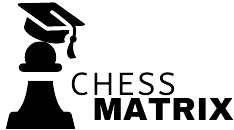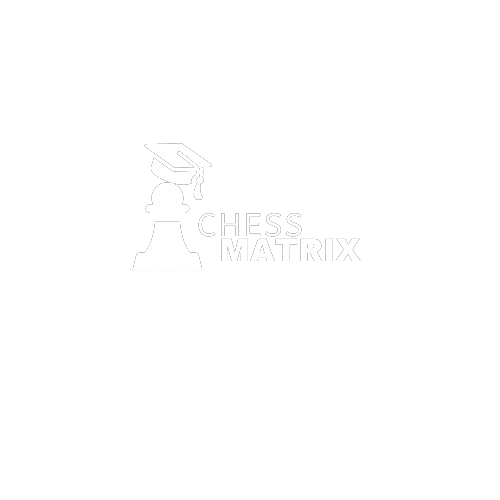Chess stands out as an intellectual game that enhances your thinking process and analytical abilities. Renowned for its demand for quick responses and forecasting skills, chess is an excellent tool for preparing your child for the future. Every parent aspires for their child to be quick-thinking, logical, reasonable, and possess exceptional cognitive abilities. Chess is undoubtedly a game for thinkers, pushing boundaries and honing various skills. It requires meticulous attention to detail and critical thinking, making it a profoundly skill-based game.
Introducing your child to this extraordinary game early on can be highly beneficial in the long run. Chess can instill vital qualities, enabling your child to excel in future mental challenges. Often called the king of board games, chess is packed with surprises, thrills, and excitement.
Key Benefits of Teaching Children to Play Chess:
Prevents Alzheimer’s: Our brain operates like a muscle, necessitating regular exercise to maintain optimal function. Chess keeps the brain constantly active, preventing it from resting. A study indicates that children who engage in chess from an early age remain agile and are less likely to develop dementia.
Raises the IQ: Parents always strive for a high intelligence quotient in their children. They desire their children to be quick at memorizing, correlating, and anticipating. Chess uniquely targets these areas, boosting IQ levels and enhancing focus. If you aim for your child to achieve high IQ scores, introducing them to chess early is crucial. Study by Debra Rose wilson
Enhances Problem-Solving Skills: Parents wish for their children to be independent and prepared for the future, capable of tackling problems and finding solutions. Chess aids in this development by fostering reasoning and thinking abilities, making children self-reliant and confident. Regularly playing chess significantly improves a child’s problem-solving skills.
Improves Spatial Skills: Chess involves extensive calculation and move visualization. It enhances spatial skills and visualization abilities, enabling children to mentally manipulate images and find solutions. The focus and concentration required to solve complex problems in chess positively impact a child’s brain and cognitive development.
Boosts Memory: Playing chess enhances a child’s memory as it requires planning and recalling the opponent’s previous moves. Remembering different positions and moves is crucial in chess to protect the 16 pieces. This memory improvement can also positively influence a child’s academic performance.
Activates Both Brain Hemispheres: Chess is one of the few games that stimulate both the left and right sides of the brain. Experts suggest that regular chess players engage both hemispheres, leading to comprehensive brain development. Learning chess’s techniques, rules, and nuances ensures balanced brain exercise.
Unleashes Creativity: Since chess activates both brain hemispheres, it significantly contributes to creative and analytical thinking. It boosts the brain’s information processing system, enhancing your child’s creativity.
Increases Concentration: A major benefit of chess is its demand for intense concentration. Chess requires focus and determination, making it an excellent tool for developing these attributes in children. Improved concentration benefits not only academics and sports but also real-life situations.
The Bottom Line
Chess is an exceptional mind game that can play a pivotal role in developing essential skills and shaping your child’s personality. Introducing your child to chess can impart valuable qualities that extend beyond the board, preparing them for real-life challenges, uncertainties, and difficulties. Teaching your child this game could be one of the best decisions for their future and overall development.
Get a FREE Chess Demo Class and let your child become Junior Chess Master with ChessMatrix.





